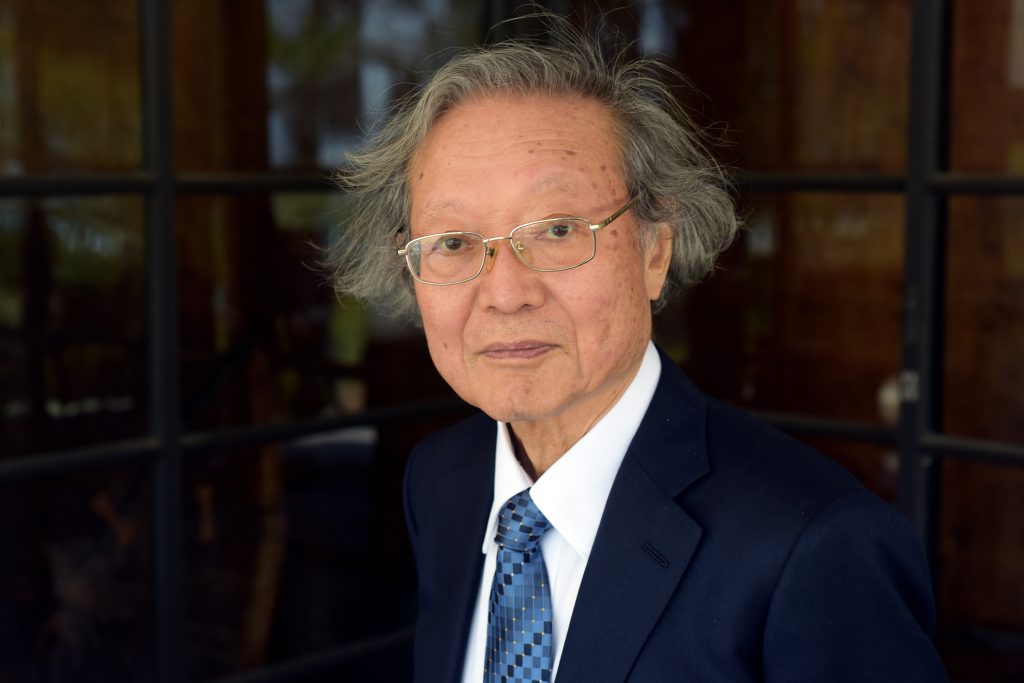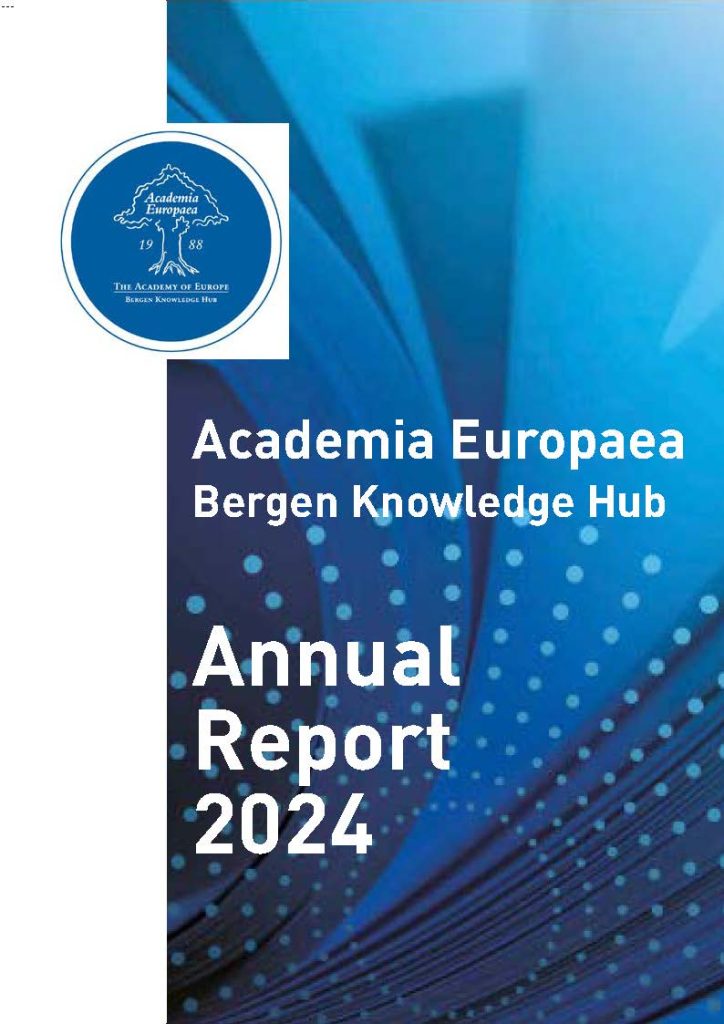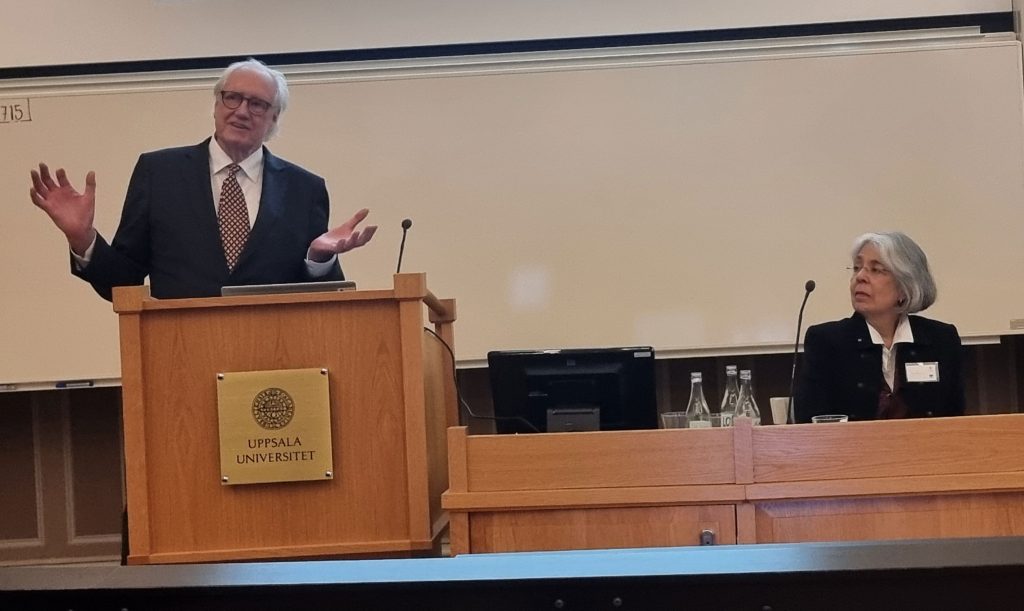
Jens Braarvig (MAE) and Danuta Shanzer at the Uppsala Conference.
The Uppsala Conference and The General Assembly of the World Philology Union (WPU) at Uppsala University, December 2024, resulted in the signing of the “The Uppsala Declaration on the Preservation of Philology and the Study of Historical Languages”.
– For the board of the World Philology Union and for philological scholars gathered in Uppsala before Christmas, it is of vital importance to see the recognition and the working conditions for the philological disciplines brought back to the centre of humanistic studies, rather than being scaled down as we see in many universities today, says the president of the WPU, Professor Jens Braarvig (MAE).
To underline this urgency, “The Uppsala Declaration” points out, among other issues, that “philology, defined as the grammatical and literary study of the oral and written heritage of the world’s various languages, is the ultimate foundation of the humanities”.
The work to anchor “The Uppsala Declaration” is in its early stages and is expected to go through several phases, Amund Haave of the WPU board explains.
– The Assembly at Uppsala were signatories as an assembly, and by extension also as individuals. In the first phase, we’ll ask academic institutions to sign, and possibly in a second phase, we will ask for individuals to sign, Amund Haave adds.
WPU president Jens Braarvig has been driving force at the WPU since it was founded in 2021, working to bring back philology as a central discipline of humanistic studies.
– Looking at my own University in Oslo, we see that a proud philological tradition is now reduced to just a few subjects being studied. Now, only Greek, Latin and Old Norse is being studied from a philological perspective at University in Oslo. This reduction in the field of Philology is also seen internationally, Braarvig says.
We have to ask ourselves as a society if we want to have basic research on historic texts. If yes, we need to access the sources. When early texts in ancient and classical languages are the source, then the philological expertise is needed to interpret them, Braarvig adds.
Philology as intangible heritage
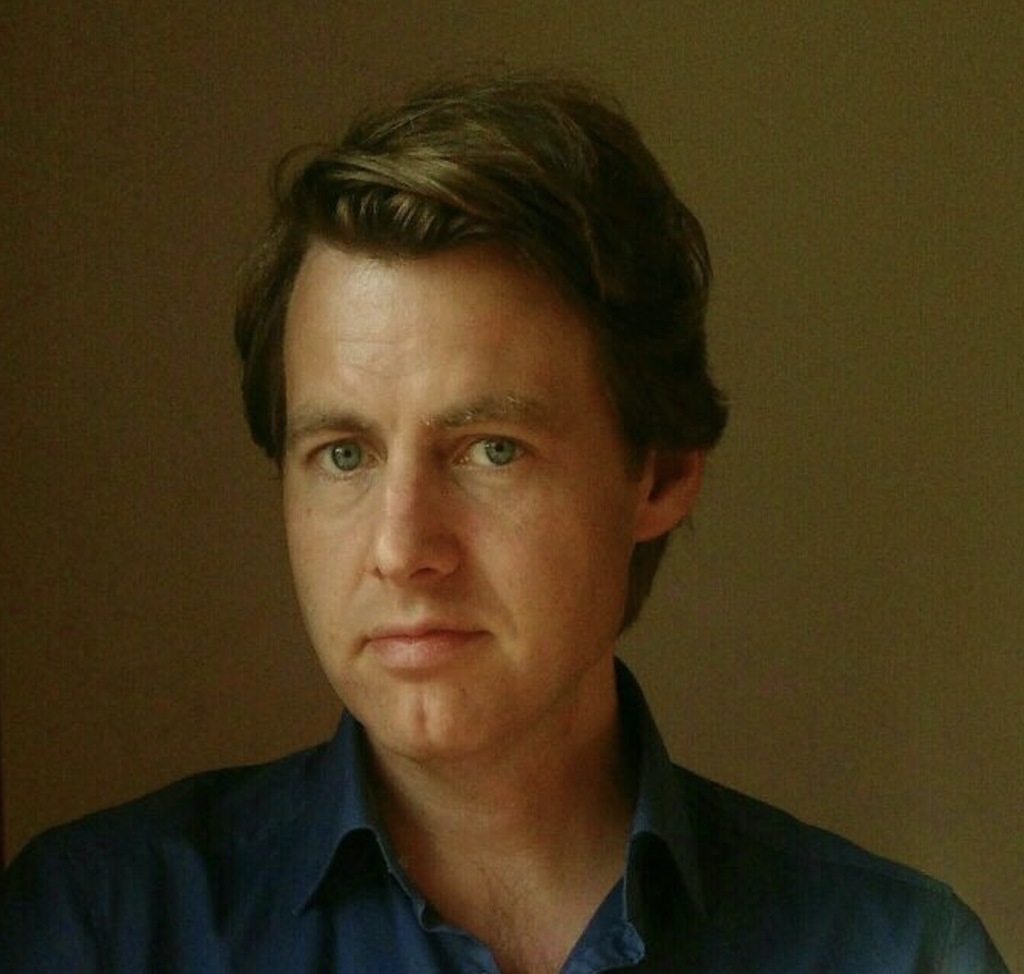
Amund Haave
In addition to their work with universities, and with Science Academies such as Academia Europaea, The World Philology Union is also working to give the discipline of philology recognition on the World Heritage List from UNESCO.
– A dichotomy is seen between intangible heritage and tangible heritage. Of course, great buildings and great architecture, or other forms of tangible heritage is important to honour. Still, intangible heritage is also important to the human experience. That’s why the WPU is working with UNESCO to recognize the discipline of philology as a central part of the intangible heritage of the world, Jens Braarvig says.
Founded in 2021
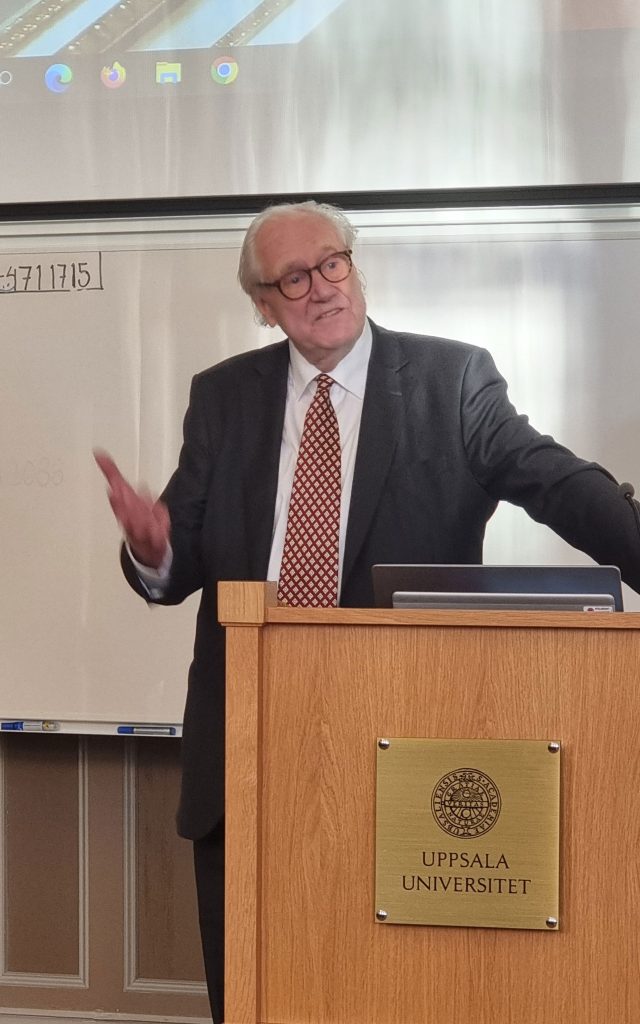
President of the WPU, Professor Jens Braarvig (MAE), at the Uppsala Conference.
The World Philology Union (WPU) was founded on the 2nd of December 2021 at the Norwegian Academy of Arts and Sciences in Oslo, as an international association which promotes the philological study of written cultural heritage from all regions of the world. It was established in coordination with the Union académique internationale (UAI), the umbrella organization of all academies of science worldwide, and the UNESCO-related Conseil international de la philosophie et des sciences humaines (CIPSH).
With the establishment of the WPU in 2021, comparative philology has also come more into the forefront of the discipline.
– For a long time, philologists were friends that did not communicate very much. As we’re now working to establish philology again, we will also try to strengthen comparative studies in philology, Braarvig says.
Read or download the programme of The Uppsala Conference here.
Click here to read or download “The Uppsala Declaration”

